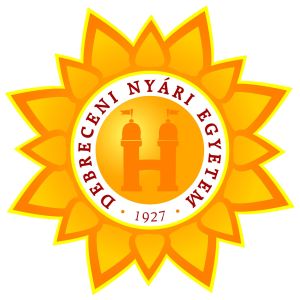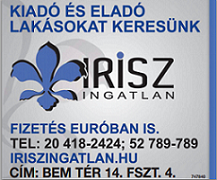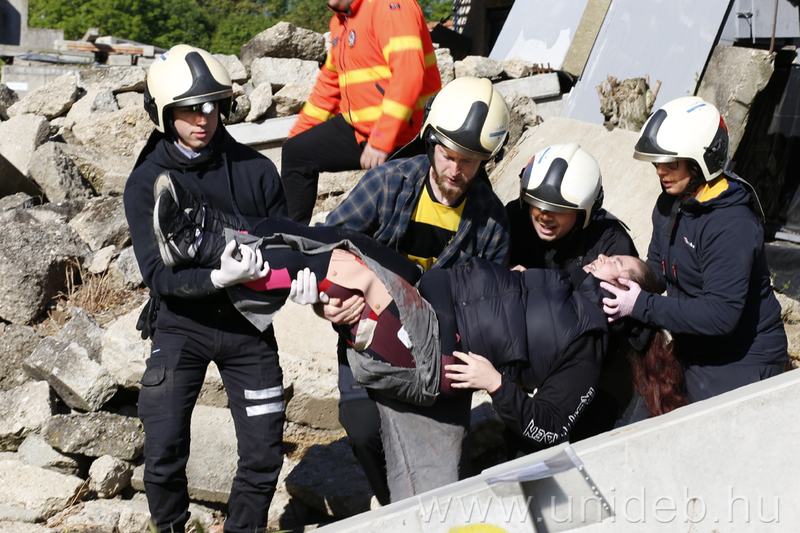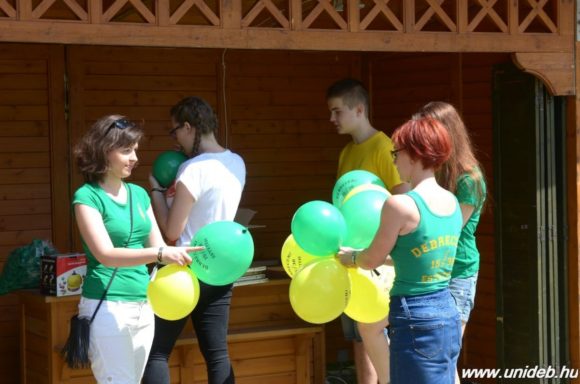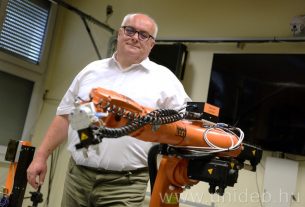Medical students from the University of Debrecen rescued and treated injured individuals from beneath collapsed buildings after simulated earthquakes during the meDEkrízis 2025 – International Disaster and Military Medicine Competition. In addition to rescue operations, the students carried out military medical and special night-time tasks. The competition also served as an examination for the participating students.
Held between May 8 and 10 in Hajdúszoboszló at the Hajdú-Bihar County Disaster Management Directorate’s Training and Storage Base, the national competition required students of the University of Debrecen’s Faculty of General Medicine to perform in simulated disaster scenarios. Along with rescue and trauma care, students had to carry out military medical interventions and demonstrate how they would act in armed conflicts and war-like emergencies. A MEDEVAC helicopter also supported participants during the event.
Besides students from the University of Debrecen, medical students from the University of Pécs, University of Szeged, Semmelweis University in Budapest, and the University of Oradea (Romania) also took part in meDEkrízis 2025.
According to Dr. András Késmárky, director of the University of Debrecen’s Disaster Medicine and Charitable Coordination Center, the competition presented students with rare and challenging situations, underlining the importance of gaining hands-on experience in these fields.
“Education in disaster and military medicine has been in focus at the university since the establishment of our Coordination Center last year, but I have been teaching the basics of tactical and special rescue medicine for nearly two decades. This is the second time we’ve organized this event, and the first time on an international level, offering valuable experience to students from four Hungarian medical universities and Oradea. For University of Debrecen students, the competition holds special importance, as they are required to complete two semesters of military medical training, and participation in the event also counted as an exam. We aimed to present them with realistic scenarios they rarely face in daily life—experiences that offer guidance both for the students and the future of medical education,” summarized the director.
György Balla, member of the board of trustees of the Count István Tisza Foundation for the University of Debrecen, emphasized the indispensable knowledge of young professionals in emergency situations and expressed reassurance that many are eager to lend a helping hand in times of crisis.
“It’s great to see that Hungarian disaster management has such a strong base of young talent. While the students follow a modern mindset, the will to help unites them all. In times of trouble, we can always count on paramedics, soldiers, and firefighters. This competition is proof that a large-scale, cooperative, and helpful volunteer community is emerging in Central and Eastern Europe—one that will always be ready to help, wherever they are needed in the world,” said the professor, conveying greetings from György Kossa, chairman of the board.
The situational simulation competition also strengthens medical training at the University of Debrecen. According to Norbert Németh, deputy dean for education at the Faculty of General Medicine, the faculty plays an active role in training programs.
“Unexpected situations requiring quick decisions can occur in any medical field. Disaster medicine is especially demanding, where both theoretical knowledge and hands-on practice are essential. Manual skills, communication, quick situational awareness, problem-solving abilities, and a dedicated attitude are all critical. The competition allowed students to test themselves and apply key life-saving skills under pressure, in true teamwork conditions,” he added.
At the opening ceremony, Gergely Kovács, deputy mayor of Hajdúszoboszló, noted that the event further strengthens the collaboration between the city and the University of Debrecen, which could soon lead to the establishment of an external campus in the spa town. He also pointed out that thermal water may become a key area of future university research.
The meDEkrízis 2025 – International Disaster and Military Medicine Competition was jointly organized by the Faculty of General Medicine at the University of Debrecen, the Disaster Medicine and Charitable Coordination Center, and the university’s Special Medical and Rescue Unit.
(unideb.hu)


